Jump To: Best Time To Visit Jacksonville | Month-By-Month | FAQs
It’s difficult to choose the best time to visit Jacksonville because each season has something great and unique to offer. You can tailor your trip around your preferred season depending on what you’re looking for.
If you’re looking for beach days and dolphin-watching tours with fellow tourists, summer will be your jam. Museums and football games are great options for the winter months, while the shoulder seasons in Jacksonville (spring and fall) provide ideal temperatures and fewer crowds.
Best Time To Visit Jacksonville, Florida
Annually, over 22 million people visit the city of Jax. Being a local of the area, my suggestion for when to visit Jacksonville is during the shoulder seasons – March through May and September to November. The weather is extremely pleasant and the beaches and attractions have far fewer crowds than in the peak season.
To no surprise, the peak season to visit the Bold City is the summer – June through August. During the summer months, people love to vacation in the hot weather on the glorious beaches and visit popular tourist spots like museums or participate in water sports/activities. I love summer in the area for the buzz of visitors and warm ocean temperatures.
The winter months of December through February are actually quite cold, and I was surprised to have my first winter here with chilly temperatures in the 40s. These cold temps drive away tourists, which in turn, also drives prices way down. There are still fun things to do, though! Go to a Jaguars game, visit the art museum, or take a day trip to Saint Augustine.
Overall Best Time To Visit Jacksonville
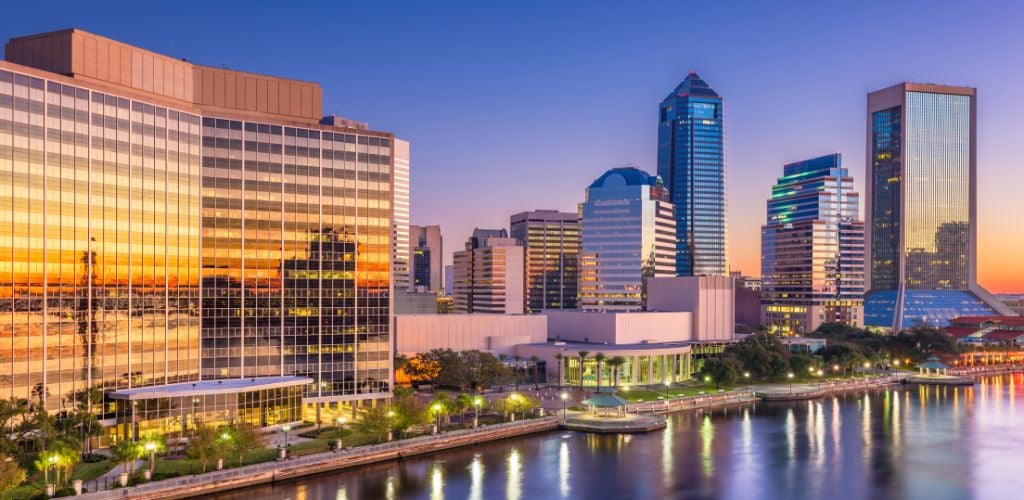
In my opinion, the best times of year to visit Jacksonville are the spring and fall. The weather is super pleasant, with high temperatures ranging from the brisk 50s to beach-worthy 80s. I don’t like a lot of crowds, and Jacksonville in March through May, or September through November, is much quieter compared to the peak months.
In addition to fewer tourists, the prices are also lower during spring and fall than in the peak season. So, you’ll be spending less on hotels and attractions which is always a plus. One thing I really love about Jacksonville in May and September is that you can have an entire stretch of beach to yourself. And it’s the perfect temperature too.
It should be noted that the shoulder seasons have fewer tourists than the peak season; however, the spring months tend to have more visitors than the fall. Something to keep in mind if you’re basing your visit solely around crowds, or lack thereof.
I’ve been visiting northeast Florida for over five years and have experienced every season now that I’m a resident of the area. I love the weather year-round and the best time to travel to Jacksonville should be based on your interests and vacation goals. For example, if you’re wanting to sunbathe on the beach, the winter months aren’t for you.
Peak Season in Jacksonville
(June – August)
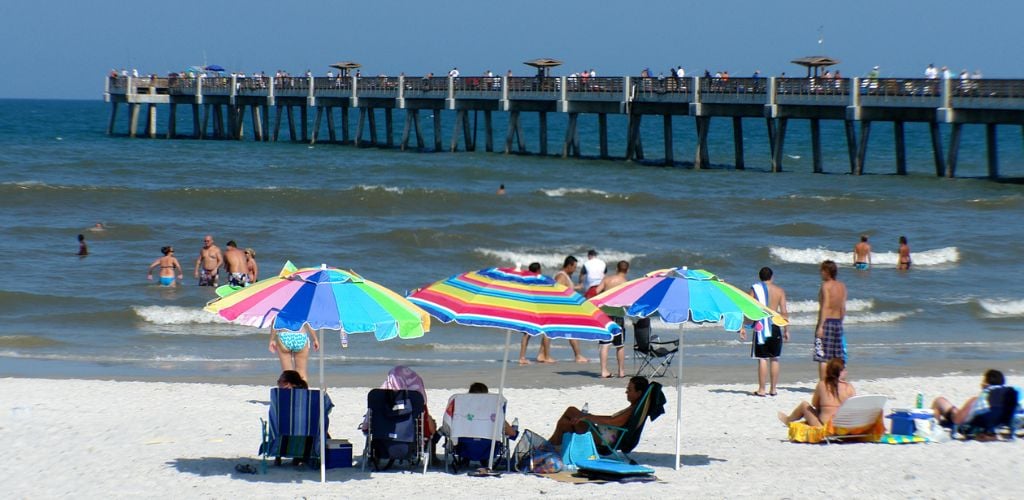
As mentioned earlier, some might argue that the best time to visit Jacksonville is the summer. And honestly, even though I love the shoulder seasons, June, July, and August in Jacksonville are some of the most fun months to visit.
The temperatures are hot, usually in the upper 80s and 90s – and the humidity makes it feel even warmer. Of course, these high temperatures are the reason why so many people visit – the beaches draw hundreds of thousands of tourists. The white sandy beaches and warm ocean combination make for a truly tropical time. Keep in mind, however, that it’s also the rainy season, so don’t be surprised if you get a passing afternoon thunderstorm.
Prices tend to peak during this time, so be sure to book your hotel in advance (prices average $170 – $180 per night). You should also expect long waits at restaurants and congested beach traffic. Some other highlights of the season are the fun Fourth of July festivities, the largest kingfish tournament in the country, and the Jaguars kick off their NFL pre-season.
Shoulder Season in Jacksonville
(March – May, and September – November)
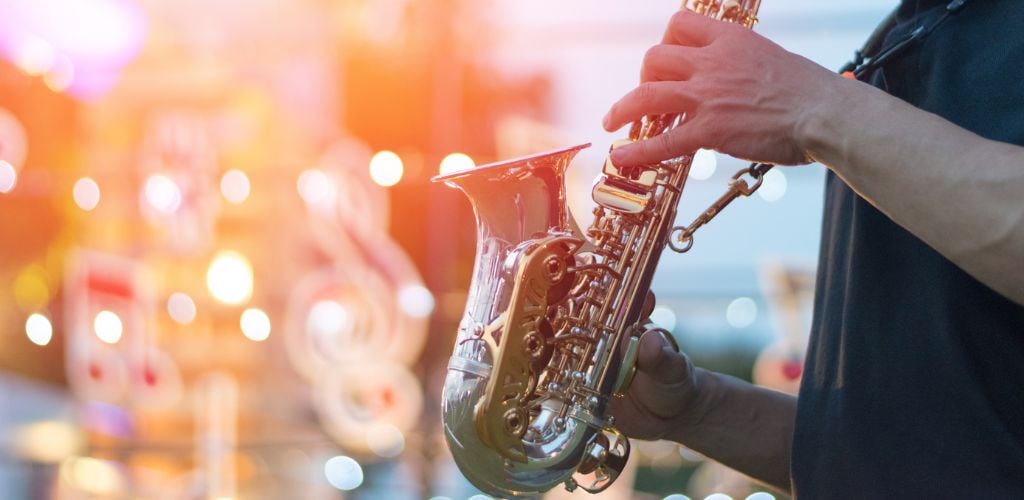
The best time of year to travel to Jacksonville, in my opinion, is during the shoulder seasons. Each shoulder season is slightly different, with the spring being slightly cooler than the fall. September in Jacksonville is my absolute favorite. It’s still quite warm, with temperatures in the upper 80s and lower 90s, but the difference is, all the tourists have cleared out.
Hotel rates are lower in the shoulder seasons than in the peak seasons, but you’ll want to carefully plan your visit around popular festivals and events. During the spring, The Player’s Championship, Gate River Run, and Jacksonville Jazz Festival tend to hike up prices, but they’re all worth attending. I went to the jazz festival last year and couldn’t have been more impressed with the line-up.
During the fall months, the days are still warm, with colder evenings in the 50s, so you’ll definitely want to carry an extra layer with you if you’re out exploring. Events during this season include the Taco and Tequila Festival, Jax River City Pride, and the biggest rivalry in the SEC – the Florida versus Georgia game. I had the privilege of going to this game and the energy was beyond intense – talk about a serious fan base.
Off Season in Jacksonville
(December – February)
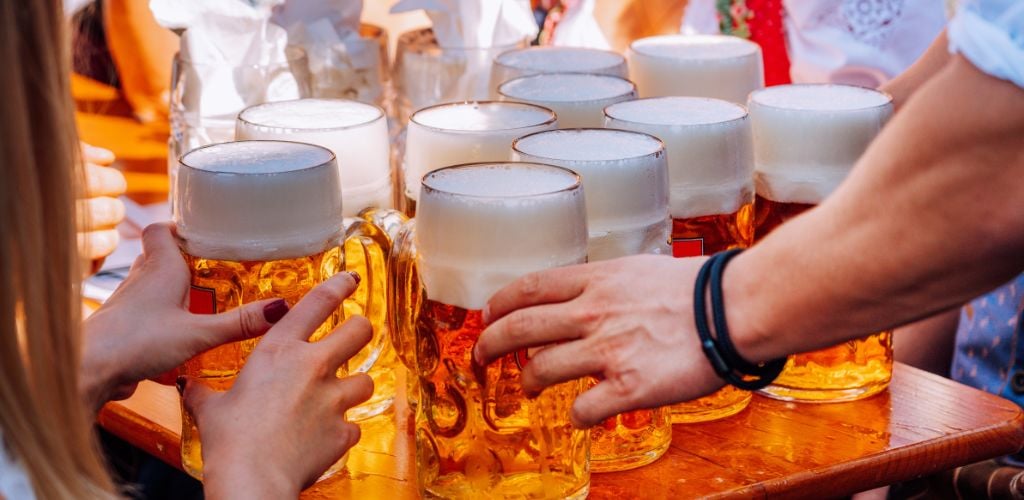
Plenty of people are unaware of this, but this part of Florida gets quite cold during the winter months. Expect to wear jeans and a sweatshirt because the highs are in the low 60s, and the lows dip into the 40s and even 30s. I had to scrape ice off my car multiple mornings in January!
Given the weather, it’s no shock that winter isn’t the best time to visit Jacksonville, however, during the slow season, you can expect affordable hotel and flight rates. Plus, the crowds will be minimal when visiting museums and historic attractions. I personally love the Museum of Contemporary Art; they even have an awesome happy hour night on the first and third Wednesday of every month.
Some of my favorite winter festivities include the massive (and super fun) New Year’s Eve celebration, the Riverside Craft Beer Fest, and the World of Nations celebration where you get to sample delicious foods from around the globe.
When to Visit Jacksonville For Beaches
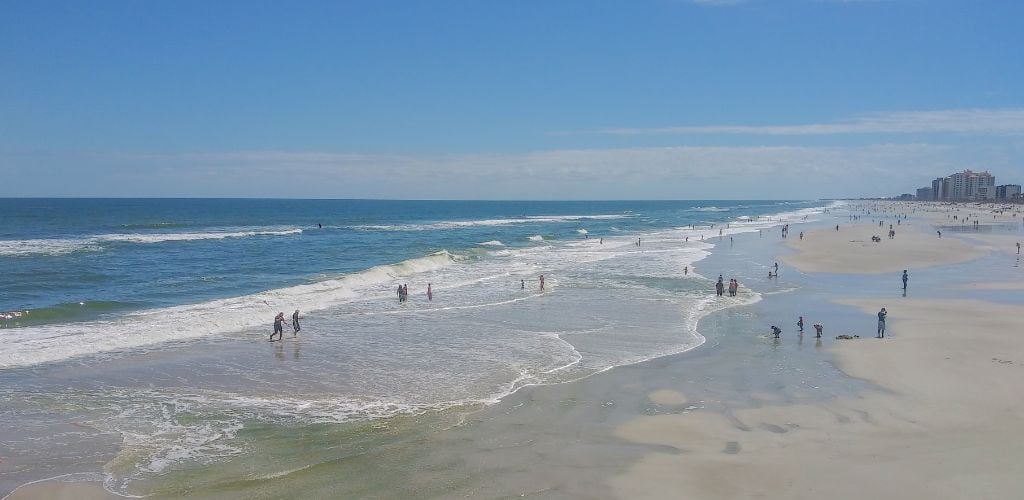
You can expect perfect beach weather from May through September–peaking June through August. The beaches of Jacksonville and surrounding areas are truly superb. I’m yet to visit a beach that isn’t gorgeous, clean, and accessible.
Some of the best local beaches of Jacksonville (from north to south) are Atlantic Beach, Neptune Beach, Jacksonville Beach, and Ponte Vedra. I’m obsessed with Neptune Beach – not only is the beach itself fantastic, but the community of Neptune is adorable; lots of shops, restaurants, and bars to explore. I highly recommend visiting.
If you feel like venturing out of the city (about 45 minutes to an hour or so), Amelia Island/Fernandina Beach and Saint Augustine are amazing options with stunning beaches. Not to mention, Saint Augustine is the oldest city in the nation, so it’s naturally home to tons of history and culture.
When to Visit Jacksonville For Festivals
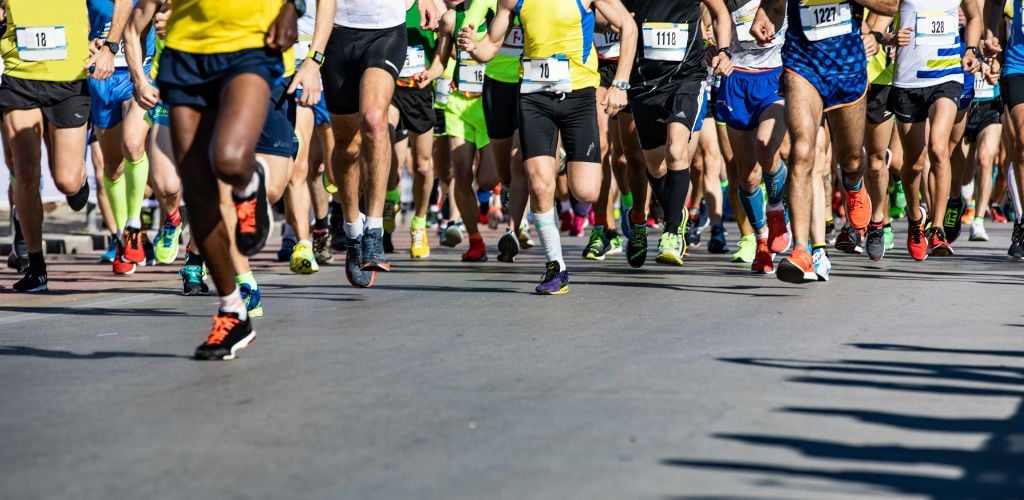
Festival-goers will be happy to know that there isn’t a “best time” to visit Jacksonville for festivals because they’re held all year round. I love living in the Jacksonville area because I know there’s always something fun to do every month and practically every weekend!
During the spring, festivals/events include the largest 15k run in the U.S., The Gate Run, the famous Player’s Championship of golf, the largest oceanfront free blues festival in the world, Springing the Blues, and the Jacksonville Jazz Festival. Summer months bring the River City Wrestling Con and the renowned Jacksonville Kingfish Tournament.
Things don’t slow down during the fall and winter. Festivals and festivities include the Jacksonville Taco & Tequila Festival, Jax River City Pride, WasabiCon, Super Girl Surf Pro Contest & Festival, and the Light Boat Parade. My must-go-to festivals every year are the Springing the Blues Festival, Taco & Tequila Festival, and the Light Boat Parade – they all really encompass the community and love that Jacksonville possesses.
When to Visit Jacksonville For Historical Sites
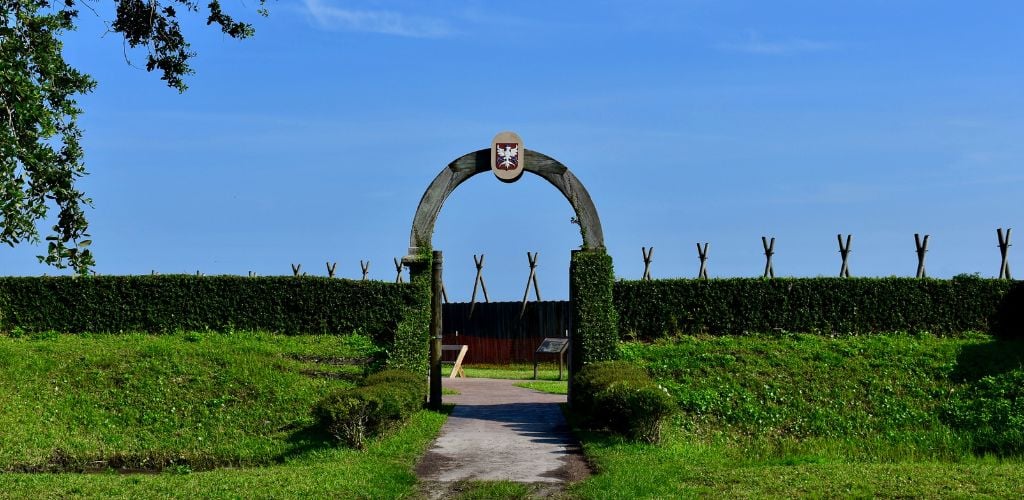
When I first visited the Jacksonville area, I had no idea that the history of the region was so rich. Now, I love gabbing about it to all my friends and family that come and visit. Arguably, the best time to visit Jacksonville for historical sites and points of interest is during the shoulder season months, simply because the weather isn’t too hot and there are fewer crowds.
A must-visit historical site is the Timucuan Ecological and Historic Preserve in northeast Jacksonville – home to a large Native American population hundreds of years ago. In addition to beautiful walking trails through the wetlands and marsh. Points of interest in the preserve include the Ribault Monument and Fort Caroline National Memorial. Although I’m a local, I never get tired of visiting this preserve – it has a peaceful and beautiful energy about it.
If you’re up for taking a 45-minute drive south, then I highly recommend you visit Saint Augustine. It’s the oldest city in the United States and has so much preserved rich history. Walk down the old cobblestone streets, visit stunning museums, and walk the grounds of the Castillo de San Marcos National Monument. It’s one of the most charming and gorgeous cities I’ve ever seen – and that’s not because I’m biased.
When to Visit Jacksonville For Wildlife
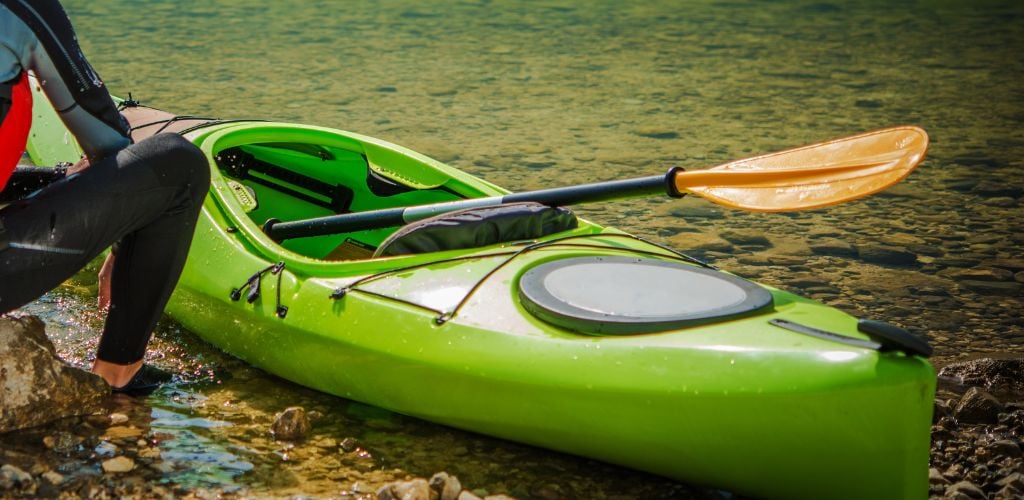
When it comes to any sort of wildlife watching in the Jacksonville area, once again, I would root for the shoulder months. Prices tend to be lower for any sort of tour or kayak rental, wildlife is plentiful, and the temperatures aren’t scorching. Peak season months would be the next best bet but expect temperatures to hover around the 90s.
Take a kayak tour and cruise through the waterways and estuaries where you can spot local wildlife like otters, waterbirds, turtles, and possibly even a manatee. If you’re on the search for dolphins, head down to St. Augustine for a guided tour where you’ll (hopefully) see not only dolphins but sea turtles as well.
When to Visit Jacksonville For Cheap Prices
If you’re deciding on when to visit Jacksonville based on budget, the cheapest months to visit are during the low season – November through January. During this time, there’s still plenty to do, however, keep in mind that even though it’s sunny, sunbathing is out of the question. It’s pretty cold with lows dropping into the 40s.
The next best option for lower prices is September. September in Jacksonville means that most of the tourists have left, so many of the hotels and attractions lower their prices. For example, you can find the same hotel and rental car prices in September as you can in January.
When to Visit Jacksonville For Hiking
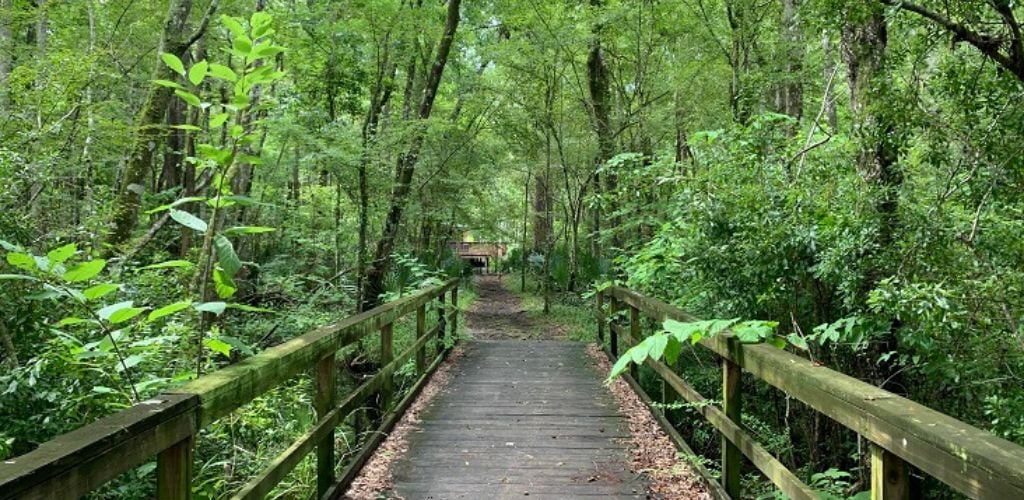
I’m from the West Coast originally, where hiking is a way of life. There are mountains and hiking trails all up and down the coast. Florida, however, isn’t exactly known for its topography, so I was gutted to think I would miss out on nature walks. But, despite Jacksonville’s landscape being fairly flat, it still boasts some beautiful hikes and walks to explore throughout the year.
A hike that I love to do all year long is the Timuquan Ravine Trail to Spanish Pond; it has a surprising amount of elevation for the area (my heart was pumping at times!), and there’s plenty of tree cover for the hot summer months. It’s also gorgeous during the cooler winter months.
Other great trail options are the Jacksonville Arboretum Trails, Julington Durbin Creek Preserve White Loop, and the Julington Durbin Creek Preserve White Loop – but be careful because this one can get muddy during wet months.
The Best Time to Visit Jacksonville By Month
Trying to figure out the best time to visit Jacksonville can be a tough decision because the area has such great weather all year long – it just depends on your preference for temperature, activities, and interests. Having lived in the Jacksonville area for a year now (and frequently visited over the last 5 years), I can tell you that there’s something fun to do every month.
Here’s a breakdown by month of some highlights, events, and weather to help make your decision a bit easier:
Jacksonville in January
Expect dry and sunny weather with temperatures averaging from 43 to 64 degrees. It’s the perfect time of year in Jacksonville for outdoor walks, museum visits, and food tours.
Jacksonville in February
Dry and sunny weather with temperatures ranging from 46 to 67. It’s also a great month for hiking, museums, and a city tour.
Jacksonville in March
Expect mostly sunny days with a few days of rain here and there – temperatures ranging from 51 to 72. With warmer temperatures during the day, it’s the ideal time to take a guided kayak tour and explore the outdoors.
Jacksonville in April
April is mostly a dry and sunny month with temperatures averaging 56 to 77. These are some of my favorite days to enjoy a picnic on the beach and explore outdoor gardens.
Jacksonville in May
Also dry and sunny, May has temperatures ranging from 64 to 84. For me, this is the perfect month in Jacksonville. You can literally do anything – sunbathe on the beach, ride bikes around the city, go hiking, you name it, you can do it.
Jacksonville in June
June gets warmer with temperatures from 71 to 88; however, you should expect more rainy days as well. Luckily, the rain usually never sticks around for long. Plan for great beach days mixed with some museum visits.
Jacksonville in July
July is Jacksonville’s hottest month with temperatures averaging 73 to 90. But prepare for common afternoon thunderstorms with lots of rain coming down at once. Beach days are still great but you’ll have to be ready to seek shelter when you see dark gray clouds heading your way.
Jacksonville in August
August is still very hot with temperatures ranging from 73 to 89, but it also happens to be one of the wettest months in Jacksonville. I’ve found that you can just look outside and decide what to do that day. My best advice? Always have a backup plan!
Jacksonville in September
September starts to cool off with temperatures averaging 71 to 86, but the rain still makes an appearance every now and again. It’s still a perfect month for all of the outdoor activities Jacksonville has to offer.
Jacksonville in October
Fall in Jacksonville is probably my favorite season. The October temperatures range from 63 to 80 and the sunny days are back. Any and all activities are up for grabs!
Jacksonville in November
November is the month to pack away the shorts and flip-flops and break out the jeans and sneakers. Temperatures average 53 to 73 but the days are sunny and beautiful. Take a brisk walk on the beach or visit that museum you’ve been wanting to see.
Jacksonville in December
December has chilly temperatures that range from 46 to 66 but the rainy days are few and far between. Check out holiday festivities like the lighted boat parade on the river.
When To Visit Jacksonville FAQs
Jacksonville is a city with tons to offer but tends to be overlooked on people’s lists when visiting Florida. It’s full of history, culture, nature, and gorgeous beaches – all of which you can learn more about above. If you still have questions unanswered – I’ve got you covered. Below, are some answers to some common FAQs about Jacksonville:
Expect the most rain from June to September. August is the rainiest month in Jacksonville.
November is the driest month of the year in Jacksonville – receiving around just 2 inches of rain.
Oh, yes. The humidity remains the same throughout the entire year around 82% to 86%. The most humid months are August and September.
For a large city, Jacksonville is safe. It has a crime rate that is lower than other major cities. Any of the high crime areas are nowhere a tourist would end up.
Yes! With museums, wildlife, and beaches to explore, you’ll find plenty of things to do for family members of all ages.
In Conclusion
Most people think of Miami, Orlando, or Key West when they think of Florida’s best destination spots, but after spending over 5 years in the area, I truly feel like more people need to put Jacksonville on that list. It has some of the best parks in the nation, some glorious beaches, and tons of arts & culture.
The best time to visit Jacksonville is something that can’t be settled; it depends entirely on your preferences and plans. From sunny, crisp winter days to hot beach days with exciting thunderstorms, I love every season in Bold City. You’ll find something interesting, exciting, and fun to do no matter what month you choose to visit.
The post Best Time To Visit Jacksonville, Florida (By a City Local) appeared first on Goats On The Road.


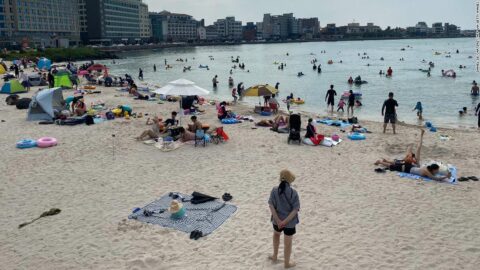
Recent Comments